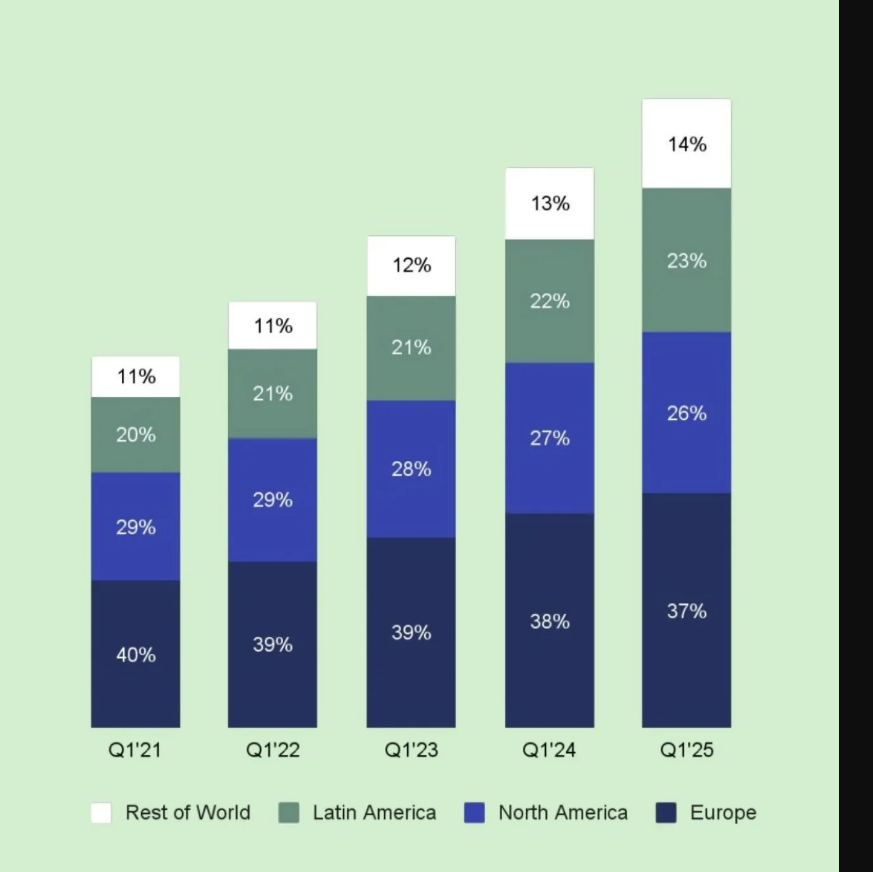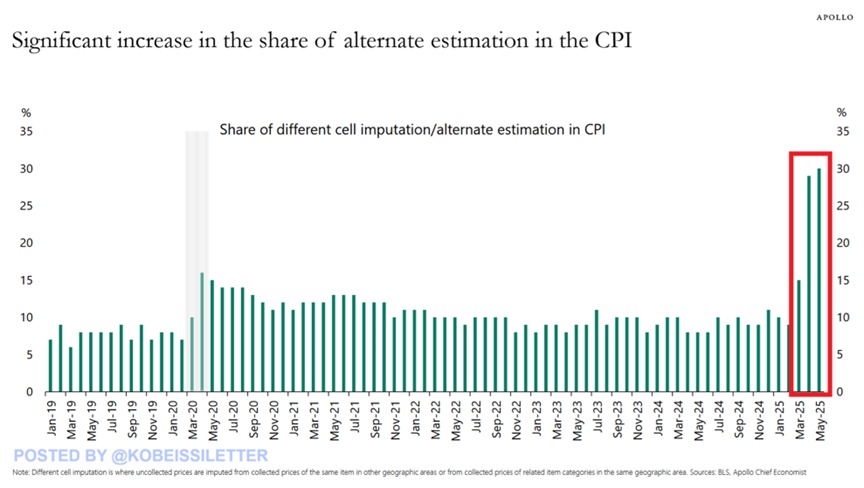Issue No. 25
Where to Find Us
U.S. Asset Based Finance | New York | September 25 - 26
Mondo NYC Music Business Conference | New York | October 14-17
Money 20/20 | Las Vegas | October 26 - 29
Fintech Specialty Finance Forum | Dana Point | December 9 - 11
Sourcing
One of the most common questions we get asked is "how do you source deals?". Admittedly, our deal target IS a small universe. We focus on sub $20M senior secured credit facilities to specialty finance originators (we lend to lenders) or portfolio purchases of loans, receivables, or contractual cash flows in the secondary market. Prospective investors are often surprised to find out that we close about 20 deals per year, year after year. The value of our business lies in our ability to generate consistent deal flow with high risk adjusted returns consistently over time. Capital will always be available for these opportunities. Capital is a commodity, high quality deal flow is not.
So where do we find deals?
- Our best source is the 100+ borrowers and sellers we’ve worked with since 2017. These CEOs and founders refer us to others.
- We also get leads from the billion-dollar specialty finance funds, who pass us sub-$50M deals too small for them; we return the favor when our borrowers scale up.
- Other industry participants like lawyers, tech providers, or prospects we didn’t close send us deals. We find that our X and LinkedIn posts keep us top of mind and spark the outreach.
Conor and I have each been in this niche corner of specialty finance for over a dozen years and we’ve picked up a lot of great relationships along the way. Thanks to anyone who has sent us a deal, we appreciate you!
- Jillian


A note from the CIO: The Problem with Advances is not the Product. It's the User
I work with borrowers who resist advances all the time. Musicians want to sell their catalogs but don’t realize they must first repay the advance they took. Businesses often default on them. Even Fernando Tatis Jr. of the Padres is suing the firm that funded his.
The headlines love to claim borrowers were misled. I don’t buy it. Advances can be a smart alternative to loans. Loans come with fixed maturities and set payment schedules. They assume your future cash flows will line up neatly with the repayment timeline.
Advances usually work differently. They’re repaid from specific future cash flows, regardless of when they arrive. The funder takes the timing risk. The borrower gets cash today. That’s a useful tradeoff when liquidity is tight, which it inevitably is at some point for every business or person.
Some argue advance terms are unfair. I think capitalism solves that. When enough funders compete on a level playing field, the cost of capital comes down. I’ve seen it. Merchant Cash Advance, for instance, is now a competitive sector. Big players are completing securitizations. Lower funding costs lead to better terms.
So if the product works, what’s the problem? It’s borrower education. People understand what a “loan” is. But not an “advance.” I don’t know the perfect fix. But a high school course on financial literacy would be a good start.
– Conor
Picnyc - problem in chair, not your computer -
Stay in the know
from Pier Asset Management straight to your inbox.
FINANCIAL DISCLOSURE
Lorem ipsum dolor sit amet, consectetur adipiscing elit. Integer vitae imperdiet purus. Sed eget purus mollis, imperdiet sem ullamcorper, elementum justo. Lorem ipsum dolor sit amet, consectetur adipiscing elit. Integer cursus nisl lectus, eleifend dictum ipsum placerat at. Fusce luctus fermentum ipsum, a sagittis neque rutrum at. Pellentesque eleifend libero non ante pellentesque, auctor mattis felis accumsan. Morbi sagittis eu felis eu varius. Donec interdum congue erat. Orci varius natoque penatibus et magnis dis parturient montes, nascetur ridiculus mus. Vestibulum bibendum risus id nunc luctus blandit. Aenean tincidunt urna quis turpis sodales placerat.

Manhattan Beach, CA 90266, USA
424.324.2950
